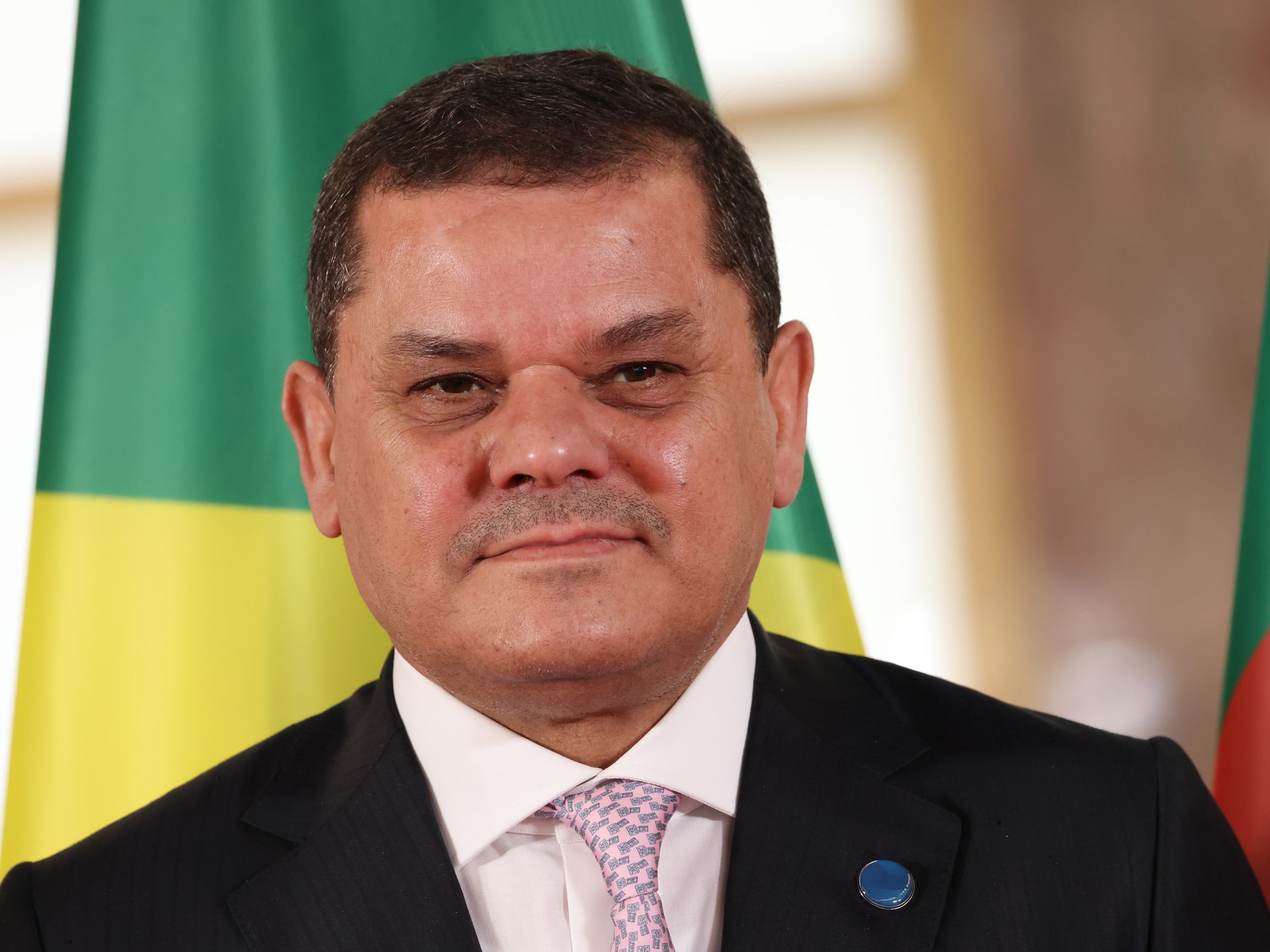The Prime Minister of the Libyan National Unity Government, Abdel Hamid al-Dabaiba, affirmed that his government is able to secure elections in all regions of Libya, and he also thanked the Ministry of Interior for its participation in a simulation process to secure that process.
In his speech during his participation in a simulation of holding the elections in the presence of the UN envoy to Libya, Abdullah Batili, yesterday, Saturday, Dabaiba said, "The Libyans have the right to access the elections, and the opportunity should not be left to those who try to pass the extension projects under the pretext of securing the elections," without mentioning who he meant.
Dabaiba "thanked the Ministry of Interior for its participation in simulating the security of the electoral process by presenting some security scenarios and how to deal with them."
Al-Dabaiba considered that "what happened in the simulation of securing the elections has dropped, with evidence and evidence, the argument of the inability to secure the elections," as he put it.
And the hypothetical process of simulating the electoral process, which was organized by the Ministerial Committee to Support the Elections and formed months before the National Unity Government, included introducing the mechanism for securing and protecting the elections.
The simulation included securing polling stations, inspecting voters, and confronting any riots inside and outside the polling stations, in addition to simulating the method of voting, vote counting, and transportation of electoral boxes and materials.
Last year, the United Nations, in cooperation with the active forces, was able to establish a Libyan-Libyan dialogue, and a political process that was supposed to culminate in elections to be held in December 2021, but it was not possible to hold them.
Since then, the House of Representatives, held in Tobruk - headed by Aqila Saleh - decided to dismiss the national unity government in Tripoli, which was the subject of consensus between eastern and western Libya, and assign Fathi Bashagha to head a government in preparation for the elections, which Dabaiba rejected, pledging not to hand over the government except to another. selected.
Libyans hope that the upcoming parliamentary and presidential elections will contribute to the transfer of power and an end to armed conflicts that have plagued their oil-rich country for years.

